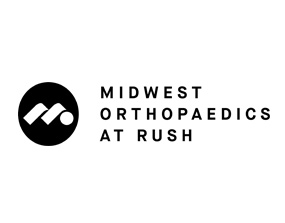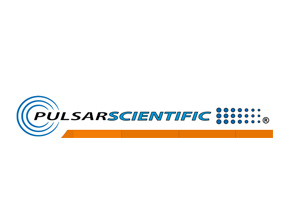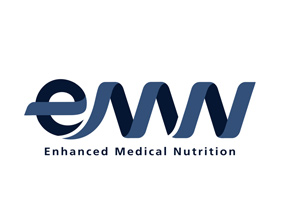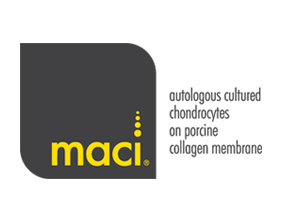Structured nutrition often takes a backseat in the recovery narrative. Yet, for athletes rebounding from orthopedic surgery, it is as crucial as the surgical procedure itself. Quick meals that align with a holistic rehabilitation strategy aren’t just about convenience; they’re essential tools for regaining strength and mobility.
By focusing on easy-to-prepare meal plans that are rich in nutrients, you can harness the full potential of your body’s healing mechanisms and potentially recover more quickly.
The Plate is Your Palette: Crafting Nutrient-Dense Meals
Approaching your meal plan with the precision of an artist to their palette can make all the difference post-surgery. Concentrate on incorporating a variety of colors from fruits and vegetables, lean proteins for muscle repair, and complex carbohydrates to replenish energy stores.
Proteins should be the bedrock of your meal plans, with sources like chicken, fish, and tofu providing the amino acids necessary for tissue repair and muscle growth. A salmon filet, for instance, doubles as a protein powerhouse and an omega-3-rich food that can help manage inflammation.
Carbohydrates are equally foundational—they’re your body’s preferred energy source. Choose whole grains like quinoa or sweet potatoes which offer sustained energy release alongside fiber, vitamins, and minerals. These complex carbs support not only physical rebuilding but also cognitive function during recovery.
Then there’s the need for color in your diet—this means fruits and vegetables packed with antioxidants. Berries, leafy greens, and bright bell peppers bring to the table a spectrum of vitamins and phytonutrients that aid in reducing oxidative stress on the body while reinforcing immune defense.
Recovery is multifaceted; it calls for more than just calories. It demands high-quality fuel that works in concert with your body’s repair mechanisms—a symphony of nutrients playing together to restore harmony after surgery’s disruptive intervention.
Though, you may find it challenging and time-consuming to come up with meal plans for every night of the week that contain all of the nutrients you need to fuel your recovery and return to peak performance.
Therefore, consider leveraging meal kits from a well-known company like HelloFresh. You can select gourmet meal kits that contain all the right nutrients, so you don’t need to worry about planning your dishes. Plus, with this HelloFresh meal kits promotion coupon, you can discover epic savings.
The Power of Probiotics in Healing
In the intricate dance of recovery, gut health cannot be overlooked. Probiotics found in yogurt, kefir, and fermented foods like kimchi play a vital role in maintaining a balanced gut microbiome, which is critical for nutrient absorption and immune system support.
Nourishing your gut with these beneficial bacteria ensures a robust line of defense against potential postoperative complications and optimizes the body’s ability to utilize the nutrients from your meals.
Integrating probiotics into your dietary repertoire is not just about digestion—it’s about setting up a strong internal environment conducive to healing.
Optimizing Absorption: Timing Your Nutrient Intake
It’s not just what you eat, but when you eat that can elevate your recovery. The synchrony of nutrient intake with your body’s natural repair schedule is pivotal. Capitalize on the window of opportunity post-physical therapy, when your muscles are primed to absorb protein and carbohydrates for optimal rebuilding.
By planning meals and snacks around your physical therapy sessions, you ensure these critical building blocks are readily available when your body needs them most.
This strategic timing not only maximizes absorption but also helps maintain steady energy levels throughout the day, aiding in a more efficient and effective healing process.
Hydration: The Unsung Hero of Recovery
Hydration’s role in recovery often flies under the radar. Yet, it is a cornerstone for optimal healing. Water acts as a transport medium for nutrients and waste products, facilitating cellular health and efficient metabolic processes.
A well-hydrated system ensures that the nutrients from your meals are delivered where they’re needed most. Simple practices like starting your day with a glass of water and keeping a reusable bottle handy can seamlessly integrate this vital element into your recovery regimen.
Remember, peak performance is not only about what you consume but also how effectively your body can use those resources—and water is key.
Restocking the Toolbox: Supplements for Support
Lastly, while whole foods should be the cornerstone of your recovery diet, supplements can play a supportive role in filling any nutritional gaps.
Consider adding omega-3 fatty acids to combat inflammation or a high-quality protein powder to aid muscle repair when whole food sources are not at hand. Vitamin D and calcium are also critical for bone health, particularly if sunlight exposure is limited.
Click here for full podcast playlist.
